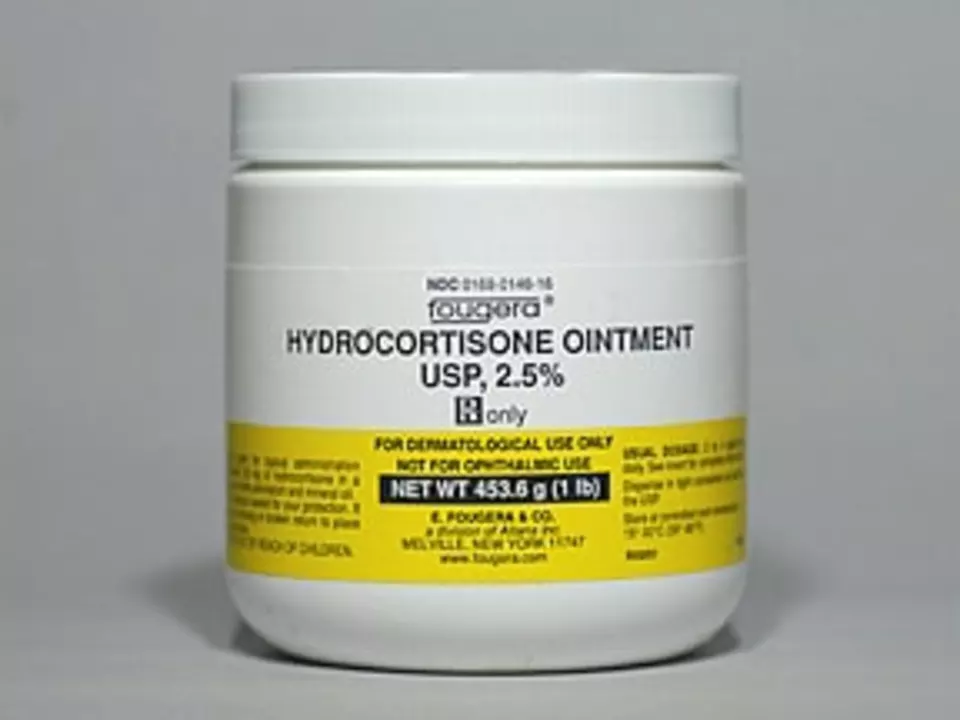Hydrocortisone: Practical Guide to Uses, Safety, and Buying
Hydrocortisone is one of the most widely used corticosteroids. You’ll find it as an over‑the‑counter cream for itchy rashes and as a prescription pill or injection for more serious inflammation or hormone replacement. This page explains what hydrocortisone does, how people typically use it, the main risks to watch for, and quick tips for buying it safely online.
How hydrocortisone works and common uses
Hydrocortisone reduces inflammation and calms immune reactions. Topical forms (creams, ointments) are used for eczema, contact dermatitis, insect bites, and mild allergic rashes. OTC topical strengths are low (commonly around 0.5–1%); higher strengths require a prescription.
Systemic hydrocortisone (oral or injectable) treats conditions like severe allergic reactions, certain autoimmune flares, and adrenal insufficiency where the body doesn’t make enough cortisol. Dosing and duration depend on the condition—doctors adjust it based on symptoms and test results.
Safe use, side effects, and buying tips
Topical hydrocortisone is generally safe short‑term. Still, avoid long use on the face, groin, or thin skin unless your doctor says it’s okay. Watch for skin thinning, stretch marks, increased hair growth, or worsening acne. Kids absorb more medication through the skin, so use lower strength and shorter courses for children.
Systemic steroids carry more risks when used long term: higher blood sugar, weight gain, mood swings, increased infection risk, and bone thinning. If you’ve been on oral or injected hydrocortisone for weeks or months, don’t stop suddenly—your body may need a taper under medical supervision to avoid adrenal crisis.
Interactions matter. Steroids can affect blood sugar control, so people with diabetes may need dose checks. Combining systemic steroids with NSAIDs can raise the risk of stomach ulcers. Live vaccines are often avoided during high‑dose steroid therapy. Always tell your pharmacist and doctor about other meds you take.
Thinking of buying hydrocortisone online? Get a prescription when required and use a reputable pharmacy. Red flags: no contact information, price that’s unrealistically low, and pharmacies that sell prescription drugs without asking for one. Check for clear licensing, secure payment, and real customer reviews. If the product looks different or packaging is damaged, don’t use it.
If a rash or symptom doesn’t improve in a week or it gets worse, see a healthcare provider. For systemic symptoms like high fever, sudden weakness, fainting, or very high blood sugar, seek urgent care. A short course of hydrocortisone can help many conditions, but used incorrectly it can cause trouble—so get the right dose, for the right time, with proper follow‑up.
Want help finding reliable sources or understanding a prescription? Ask your pharmacist or doctor to explain what you were given and why. That quick conversation often prevents mistakes and keeps treatment working as intended.

Hydrocortisone for Pets: What You Need to Know
May 9, 2023, Posted by Mike Clayton
As a pet owner, I recently discovered the importance of understanding hydrocortisone for pets. Hydrocortisone is a steroid medication that can help reduce inflammation and itching in our furry friends. It's essential to know that this medication should only be used under the guidance of a veterinarian, as improper usage could lead to serious side effects. Additionally, hydrocortisone may not be suitable for all pets, especially those with pre-existing health conditions. Overall, it's crucial to consult with a vet before using hydrocortisone to ensure our pets' safety and well-being.
MORESEARCH HERE
Categories
TAGS
- treatment
- online pharmacy
- dietary supplement
- side effects
- generic drugs
- medication adherence
- medication safety
- health
- dietary supplements
- health benefits
- online pharmacy Australia
- generic substitution
- adverse drug reactions
- thyroid disorders
- gabapentin
- treatment option
- calcipotriol
- blood pressure
- erectile dysfunction
- closer look
